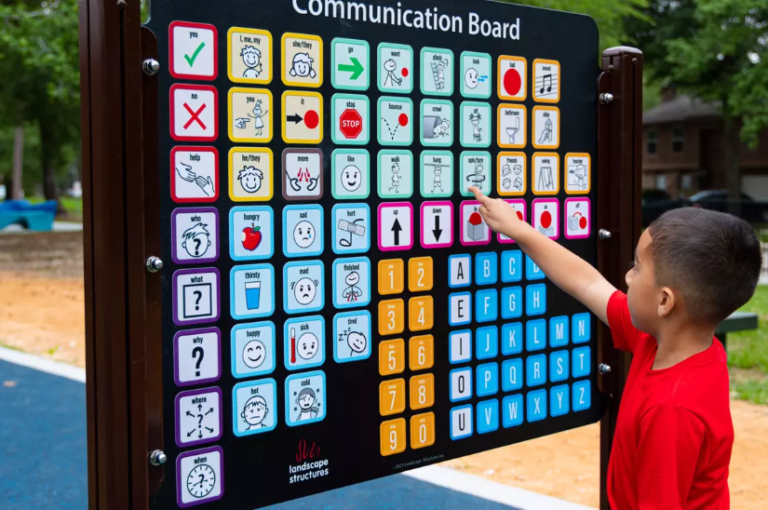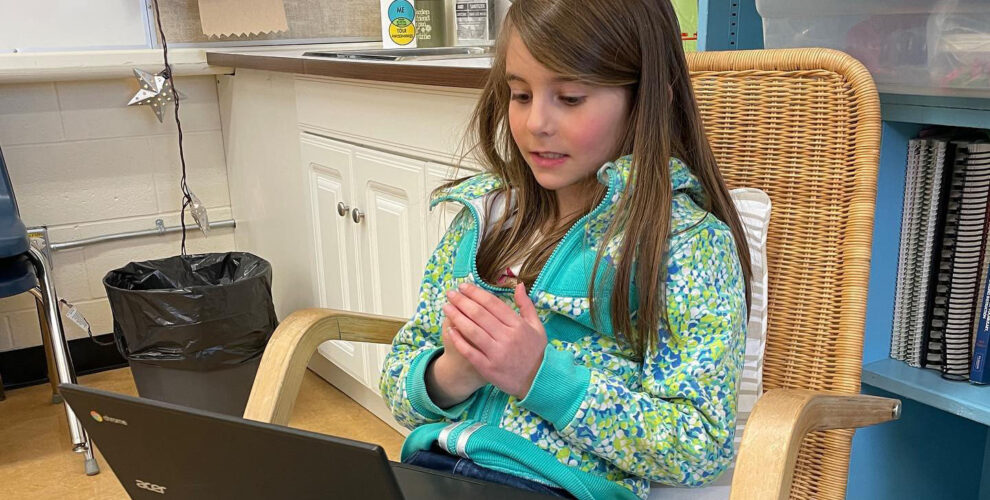In a rapidly evolving landscape of education, technology has become an indispensable tool for teachers seeking to engage students, enhance learning experiences, and assess understanding. The power of technology is in the creation of new knowledge, for example, video recording, is being harnessed in innovative ways, offering a fresh perspective on differentiation and assessment. This article explores how Flip, a Microsoft program, in particular, empowers students and teachers alike, promoting independence and shifting the focus from product-based assessment to oral assessment.
The Power of Video Recording
Video recording technology has made it possible to capture and share educational content in new and exciting ways. It allows for self-pacing, and personalized learning, making it an ideal tool for differentiation. Furthermore, it enhances the visual and auditory aspects of learning, supporting diverse learning styles. Flip is a free, web based program that is safe and secure for teachers to use in their classrooms.
Why use “Flip”:
- Self-Paced Learning: Students can create video responses at their own pace, pausing, editing, and re-watching as needed. This personalized learning experience allows them to self-edit their video assignment at a speed that suits their individual needs.
- Ownership of Learning: By taking control of their learning process, students become more accountable and responsible for their education. They learn how to manage their time effectively and develop strong communication skills.
- Active Engagement: Video is a communication tool that our 21st century learners connect to and understand. Communicating ideas while choosing interesting backgrounds and stickers provides instant buy in from students.
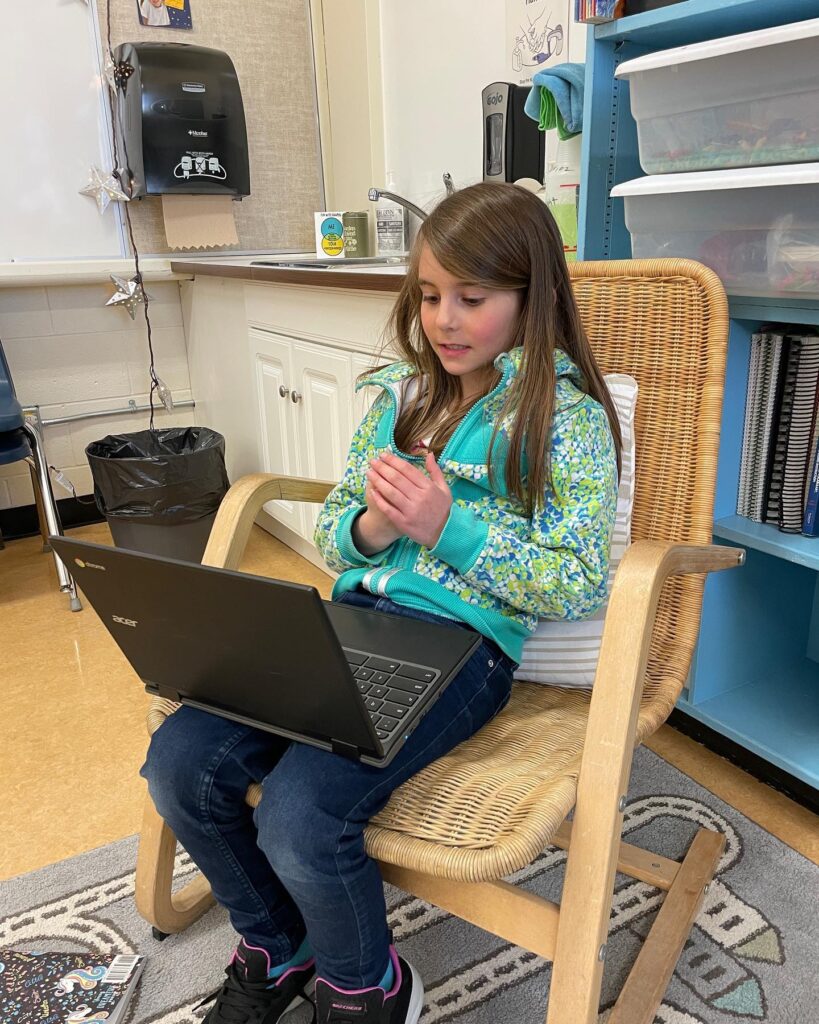
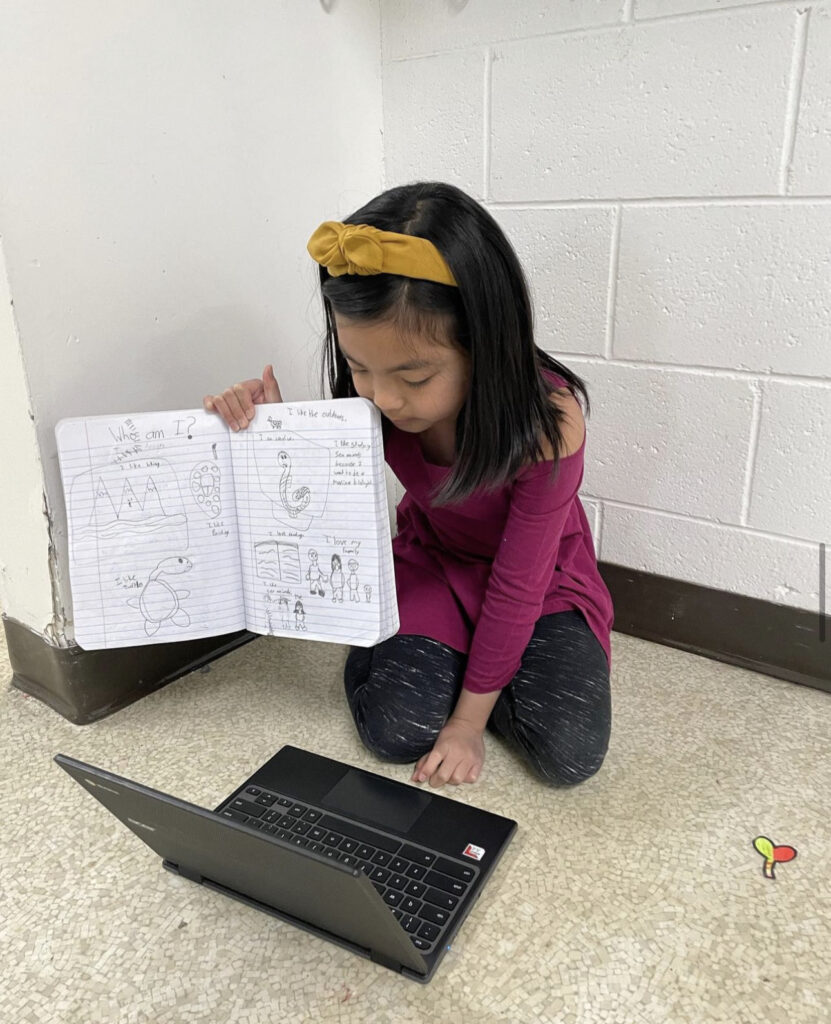

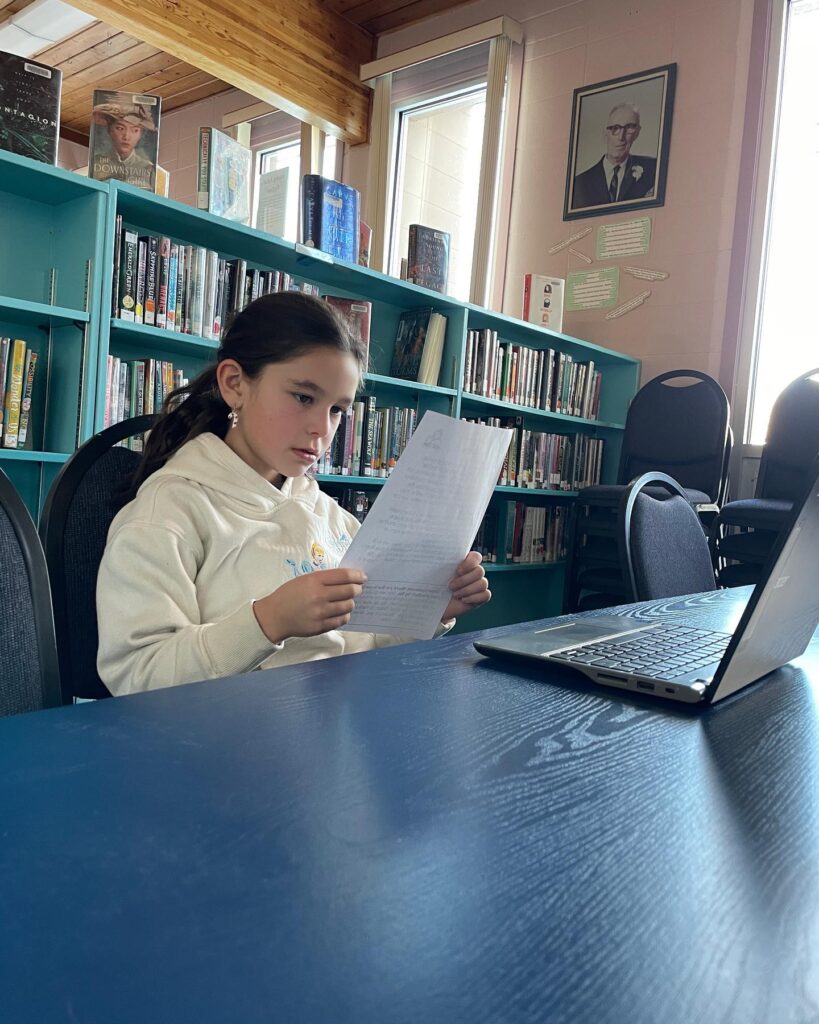
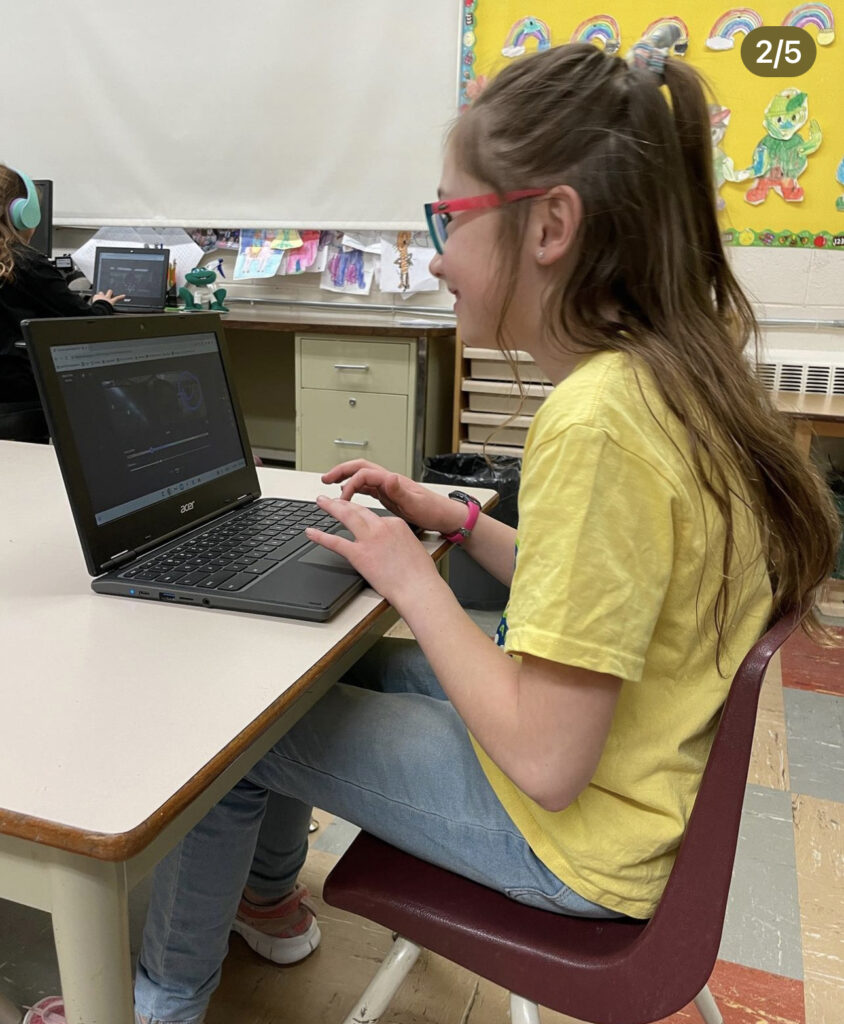
A New Look at Assessment
Traditionally, assessment in education has been predominantly product-based, relying on tests, quizzes, and written assignments. While these methods have their place, technology has enabled a shift towards attainable oral assessment, which can be more authentic, comprehensive, and reflective of students’ true understanding and skills.
The integration of technology, especially the Flip program, can empower educators to transform their assessment methods, promoting independence and shifting the focus towards oral assessment. This shift reflects a modern understanding of education that values the development of critical thinking, communication, and problem-solving skills over rote memorization and standardized testing.
As technology continues to advance, educators must embrace these tools to create dynamic, interactive, and engaging learning experiences that foster independence and assess student performance in more authentic and meaningful ways. The power of video recording and Flip demonstrate the endless possibilities technology can offer in education, ultimately enhancing the teaching and learning experience for all involved.
Oral assessment, facilitated by video recording, offers numerous advantages:
- Authentic Communication: Video assessments allow students to communicate in a natural, conversational manner, which more accurately represents their language proficiency and communication skills.
- Immediate Feedback: Teachers and peers can provide immediate feedback through commenting in real time.
- Performance-Based Assessment: Oral assessments are inherently performance-based, requiring students to demonstrate their understanding and mastery of the material. This type of assessment provides a holistic view of a student’s abilities.
- Differentiated Assessment: Oral assessments can be tailored to the individual needs and abilities of students, thus allowing for differentiation in evaluation.

